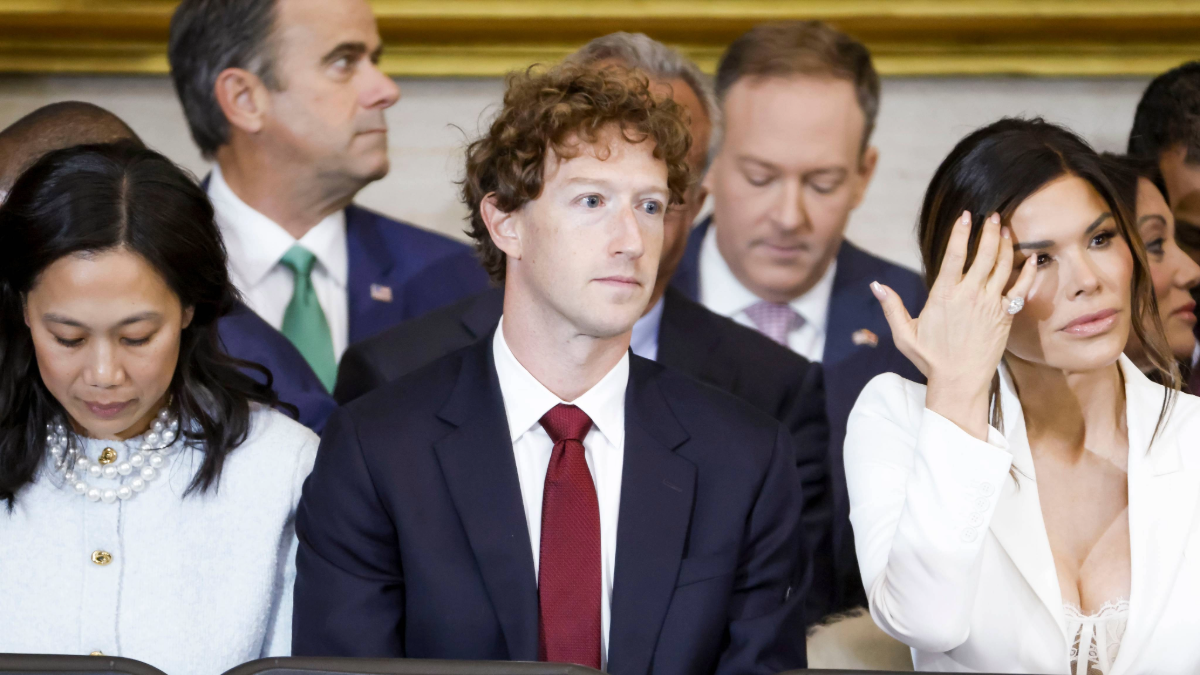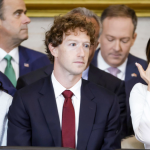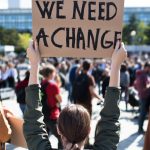Introduction
The 21st century has given rise to a new political force that blends wealth, fame, and technology into a single stream of influence. From Silicon Valley’s digital dynasties to Hollywood’s outspoken elite, global democracy is now being rewritten by those who command not just money or charisma, but data itself. The connection between tech billionaires, political campaigns, and celebrity voices has become the backbone of modern power.
This dynamic extends far beyond social media statements or campaign donations. The ability to shape elections through algorithms, amplify messages via celebrity platforms, and steer narratives through digital ecosystems has turned influence into an industry—and democracy into a contested marketplace of attention.
Technology and the Architecture of Modern Elections
Elections no longer unfold only at the ballot box; they play out across digital landscapes governed by code. Data-driven targeting, AI-powered voter analytics, and real-time engagement models are redefining political communication. Tech billionaires, through their platforms and capital, often control the very channels candidates depend on to reach the public.
When platforms adjust their algorithms or restrict certain content, entire political ecosystems shift. This concentration of control has prompted debates over fairness, transparency, and the neutrality of digital infrastructure. The intersection of corporate power and democratic governance has never been more fragile—or more consequential.
Celebrities and the Politics of Digital Persuasion
Celebrities, once confined to cultural commentary, now play active roles in political discourse. Their social media followings function as direct pipelines to millions of voters, allowing them to shape sentiment in ways traditional media cannot. Whether supporting human rights, climate action, or electoral reform, celebrity engagement has become an integral feature of democratic activism.
Yet this power carries risks. When celebrities amplify misinformation or align with polarizing movements, their cultural reach can unintentionally deepen social divides. As their digital voices intertwine with political algorithms, the boundary between advocacy and manipulation grows thinner by the day.
Global Repercussions of Digital Power
The geopolitical implications of digital electioneering are vast. Countries across Europe, Asia, and Africa are grappling with how foreign tech platforms and global influencers shape domestic politics. Governments accuse each other of election interference not just through hacking, but through digital marketing strategies and algorithmic bias.
This global dimension has turned online platforms into instruments of soft power. When a social network’s content moderation policies favor one narrative over another, it effectively becomes a political actor. For smaller nations, this creates dependency on global tech giants and a loss of sovereign control over public discourse.
The Celebrity-Tech Alliance in Political Activism
In recent years, collaborations between tech moguls and celebrities have redefined social impact initiatives. Joint ventures around AI literacy, digital rights, and humanitarian tech are changing how causes gain traction. A celebrity endorsement combined with a billionaire-funded app can mobilize global awareness overnight.
However, critics argue that this fusion of influence turns activism into spectacle. When political causes rely on high-profile partnerships for visibility, grassroots voices risk being drowned out. The balance between genuine advocacy and performative philanthropy remains one of the defining moral questions of the digital age.
Ethics, Regulation, and the Future of Democracy
As technology continues to shape governance, regulators worldwide are under pressure to modernize election laws. Traditional campaign finance limits or media rules are ill-equipped to handle digital advertising algorithms, influencer marketing, and AI-driven content. Some nations now require disclosure of paid influencer promotions related to politics, signaling a small but significant step toward transparency.
Still, the regulatory gap remains enormous. Until global frameworks emerge to govern algorithmic influence and online political behavior, democracy will remain vulnerable to digital distortion. What began as innovation has transformed into a structural challenge for accountability itself.
FAQs
How do tech billionaires influence elections?
They influence elections through ownership of digital platforms, funding data-driven campaigns, and lobbying for tech-friendly policies that indirectly shape the information environment.
Are celebrity endorsements really effective in politics?
Yes, they often are. Studies show that endorsements from widely followed celebrities can shift public opinion, especially among younger voters, by increasing visibility and emotional engagement.
Can AI algorithms affect voting behavior?
Absolutely. Algorithms determine which political messages users see, when they see them, and how often, subtly steering perception and emotional response during campaigns.
What are governments doing to regulate digital electioneering?
Several countries are drafting legislation requiring transparency in online ads, disclosure of algorithmic criteria, and restrictions on foreign-sponsored content during election periods.
Is democracy at risk due to digital influence?
While digital tools enhance participation, their unregulated use poses risks to transparency, equality, and factual discourse—foundations upon which democracy depends.
Conclusion
The convergence of technology, celebrity activism, and political ambition has redefined the meaning of democratic participation. Influence is no longer limited to political leaders—it is now wielded by those who own data, dominate media, or command global attention.
To preserve democracy in this digital century, nations must adapt laws and cultural norms to reflect these realities. The world’s political future depends not only on ballots and debates, but on how responsibly the new architects of influence shape the algorithms that define truth.





